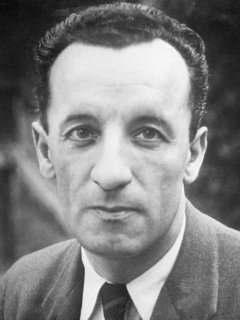

The mind–body problem in Husserl and Merleau-Ponty
pp. 471-482
in: Anne Reboul (ed), Mind, values, and metaphysics I, Berlin, Springer, 2014Abstract
There is a material dimension of subjectivity that constitutes a conscious feature profoundly different from the representational feature. The former corresponds in many respects to what for the contemporary philosopher of mind is the qualitative mind or authentic consciousness (qualia). In the Husserlian phenomenology, non-intentional consciousness is also characterized by its inevitable conjunction with embodiment. However, in Husserl, there are two ways of understanding the living body: the matter of the body and the body extension. In some passages, Husserl suggests that the relationship between the stream of experiences and the body extension can be read as a case of a material a priori thoroughly analogous to the essential link between colour and extension. This analogy, however, leaves the problem of the relationship between material body and qualitative mind completely unresolved. Merleau-Ponty reconsiders the material concept of body as essential and, in doing so, he reintroduces a natural (but not naturalistic) point of view in the phenomenological perspective.



